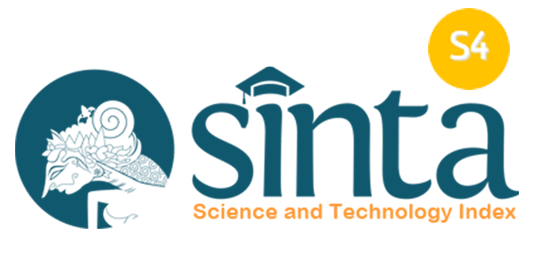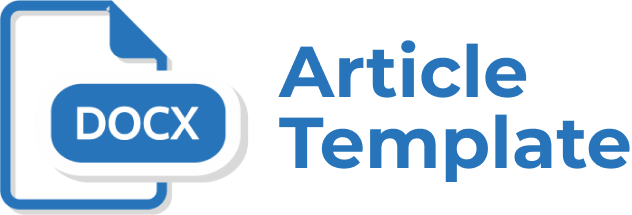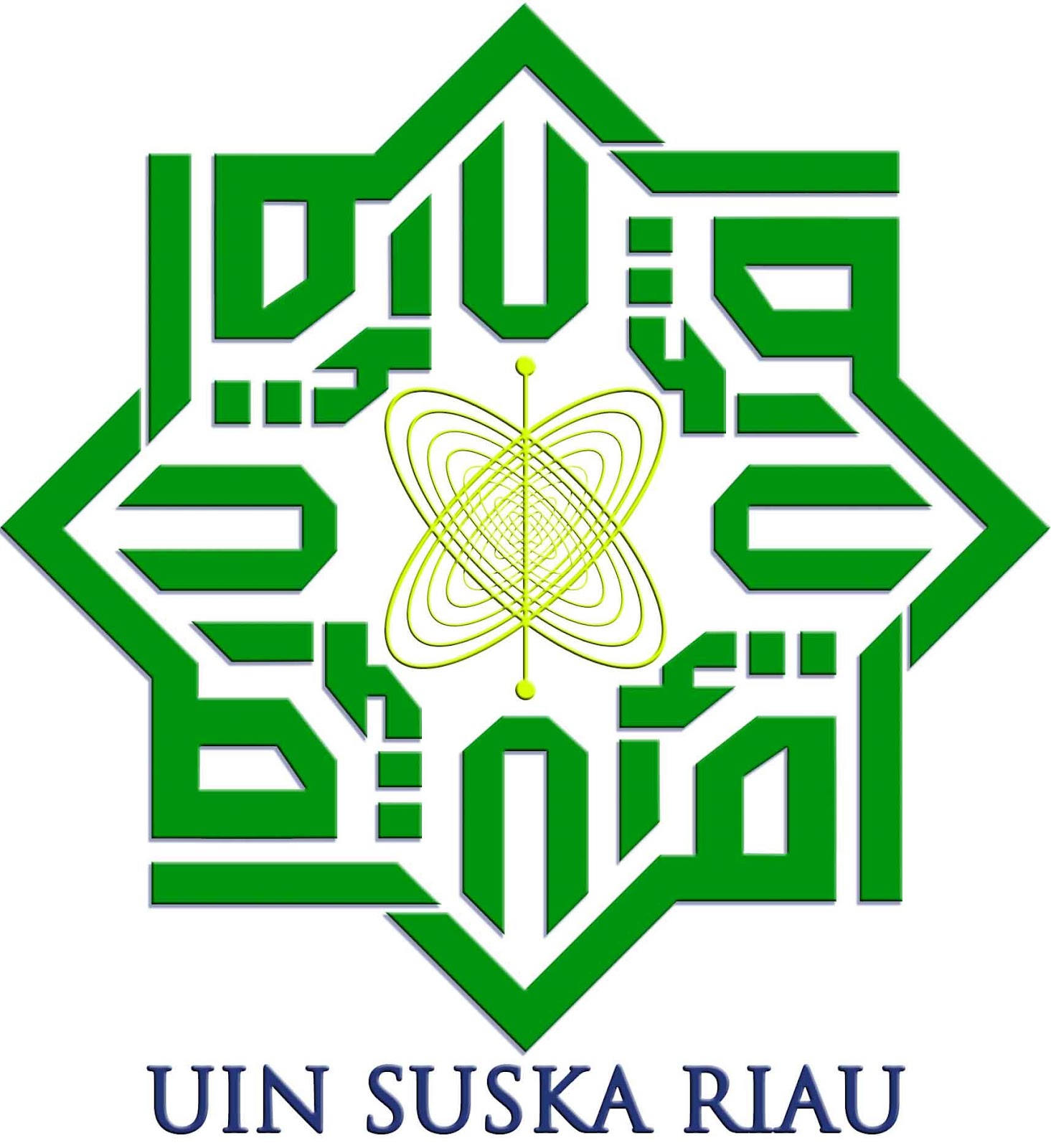- Duties of Authors
- Duties of Reviewers
- Duties of Editors
- Duties of Managing Editors
- Duties of Publisher
Jurnal ilmiah Rekayasa dan Manajemen Sistem Informasi (RMSI) is a journal aims to be a leading peer-reviewed platform and a source of information in social and cultural studies. We publish scientific papers, including original research, theoretical or methodological reviews, research appraisals, and book reviews focused on Indonesian society and culture. Those papers should have neither been published elsewhere in any language nor are they under review for publication anywhere. This following statement clarifies ethical behavior of all parties involved in the act of publishing an article in this journal, including the author, the editor, the reviewer, and the publisher (Research Center for Society and Culture – LIPI).
Duties of Authors
-
Reporting Standards: Author should draw his/her/their research clearly as well as discussing its significance. Moreover, author need to deliver their results honestly. It should not contain any fabrication, falsification or inappropriate data manipulation. A manuscript should contain sufficient details and references. Besides, it should follow the submission guidelines of the journal.
-
Originality and Plagiarism: Authors must ensure that they have written entirely original work. The manuscript should not be submitted concurrently to more than one publication unless the editors have agreed to co-publication. Relevant previous work and publications, both by other researchers and the authors’ own, should be properly acknowledged and referenced. The primary literatures should be cited where possible. Original wording taken directly from publications by other researchers should appear in quotation marks with the appropriate citations.
-
Multiple, Redundant, or Concurrent Publications: Author should not in general submit the same manuscript to more than one journal concurrently. It is also expected that the author will not publish redundant manuscripts or manuscripts describing same research in more than one journal. Submitting the same manuscript to more than one journal concurrently constitutes unethical publishing behavior and is unacceptable. Multiple publications arising from a single research project should be clearly identified as such and the primary publication should be referenced
-
Acknowledgement of Sources: Authors should acknowledge all sources of data used in the research and cite publications that have been influential in determining the nature of the reported work. Proper acknowledgment of the work of others must always be given.
-
Authorship of the Paper: The authorship of research publications should accurately reflect individuals’ contributions to the work and its reporting. Authorship should be limited to those who have made a significant contribution to conception, design, execution or interpretation of the reported study. Others who have made significant contribution must be listed as co-authors. In cases where major contributors are listed as authors while those who made less substantial, or purely technical, contributions to the research or to the publication are listed in an acknowledgement section. Authors also ensure that all the authors have seen and agreed to the submitted version of the manuscript and their inclusion of names as co-authors.
-
Disclosure and Conflicts of Interest: All authors should clearly disclose in their manuscript any financial or other substantive conflict of interest that might be construed to influence the results or interpretation of their manuscript. All sources of financial support for the project should be disclosed.
-
Fundamental Errors in Published Works: If the author discovers a significant error or inaccuracy in the submitted manuscript, then the author should promptly notify the journal editor or publisher and cooperate with the editor to retract or correct the paper.
Duties of Reviewers
-
Trustworthy: All materials in manuscripts submitted by authors should be kept confidential. They must not discuss the materials with others, except as authorized by the editor.
-
Acknowledgement of Sources: Reviewers must ensure that authors have acknowledged all sources of data used in the research. Reviewers should identify relevant published work that has not been cited by the authors. Any statement that an observation, derivation, or argument had been previously reported should be accompanied by the relevant citation. The reviewers should notify the journal immediately if they come across any irregularities, have concerns about ethical aspects of the work, are aware of substantial similarity between the manuscript and a concurrent submission to another journal or a published article, or suspect that misconduct may have occurred during either the research or the writing and submission of the manuscript; reviewers should, however, keep their concerns confidential and not personally investigate further unless the journal asks for further information or advice.
-
Standards of Objectivity: Review of submitted manuscripts must be done objectively and the reviewers should express their views clearly with supporting arguments. The reviewers should follow journals’ instructions on the specific feedback that is required of them and, unless there are good reasons not to. The reviewers should be constructive in their reviews and provide feedback that will help the authors to improve their manuscript. The reviewer should make clear which suggested additional investigations are essential to support claims made in the manuscript under consideration and which will just strengthen or extend the work
-
Disclosure and Conflict of Interest: Privileged information or ideas obtained through peer review must be kept confidential and not used for personal advantage. Reviewers should not consider manuscripts in which they have conflicts of interest resulting from competitive, collaborative, or other relationships or connections with any of the authors, companies, or institutions connected to the papers. In the case of double-blind review, if they suspect the identity of the author(s) notify the journal if this knowledge raises any potential conflict of interest.
-
Promptness: The reviewers should respond in a reasonable time-frame. The reviewers only agree to review a manuscript if they are fairly confident they can return a review within the proposed or mutually agreed time-frame, informing the journal promptly if they require an extension. In the event that a reviewer feels it is not possible for him/her to complete review of manuscript within stipulated time then this information must be communicated to the editor, so that the manuscript could be sent to another reviewer.
-
Expertise: The reviewers should provide feedbacks for the manuscripts based on their expertise.
Duties of Editors
-
Management Policies: Based on the editorial board meeting, the editors can establish journal management policies, including the editorial boards appointment, the board meeting schedule, the reviewing process, the publishing schedules, and the innovations for a better journal management.
-
Publication Decisions: From the report review, the editors can accept, reject, or ask for revisions to the manuscript. The works of editors may be guided by the journal editorial board policies and controlled by legal requirements, including copyright transfer and free from plagiarism. The editors may discuss with other editors or reviewers in order to take this decision. Eventually, the editors are responsible for everything they publish and should ascertain the quality of their publication and maintain the integrity of the published record.
-
Review of Manuscripts: At first, the editors must ensure that each article meets the initial requirements, particularly the originality. The editors should organize and use peer review fairly. Editors need to explain their peer review process to the authors. During the editorial board meeting, editor should use appropriate peer reviewers for papers considered for publication by assigning people with sufficient expertise.
-
Trustworthy: All received manuscripts should be treated fairly. Those are reviewed for its intellectual content without regard to discrimination of sex, gender, race, religion, etc. of the authors. An important part of this responsibility is upholding the independence and integrity of editors. The editors are in charge to assure fair and unbias decisions.
-
Confidentiality: The confidentiality of manuscript should be guaranteed. Editors should critically aware of any data protection infringement, including requiring consent for actual research presented and publication where applicable.
-
Disclosure and Conflict of Interest: The editors will not use any unpublished materials disclosed in a submitted manuscripts for his/her own interests without the author’s consent. Editors should not be involved in reviewing papers where they have a conflict of interest.
Duties of Managing Editors
-
Day to Day Commitment: Managing editors are in charge to manage day to day journal activities. These include collecting and making a list of all received manuscripts.
-
Coordinating: Coordinating all the publication process is the main task of the managing editors. In this case, they are responsible to conduct regular editorial board meeting as well as bringing all publication works together.
-
Bridging: The managing editors are the hub between the authors, reviewers, and editors. Here, the managing editors should bridge the communication among those three stakeholders. The managing editors should contact editors to review the manuscripts, manage all received reviewers’ feedbacks, ask the authors to revise their manuscripts, and forwarding the revision to the editors.
-
Proofreading: At the final stage, the managing editors need to proofread all materials ensuring no writing error upon publishing.
Duties of Publisher
-
Publishing: Research Centre for Society and Culture has to ensure that Jurnal Masyarakat dan Budaya is published on time for three times in a year.
-
Distributing: Soon after being published, Research Centre for Society and Culture distributes it to all authors and also the related stakeholders, including other research institutes and universities.
-
Promoting: Holding various offline activities, such as seminar and workshop, to promote Jurnal Masyarakat dan Budaya as well as calling for papers to attract authors’ interests.








